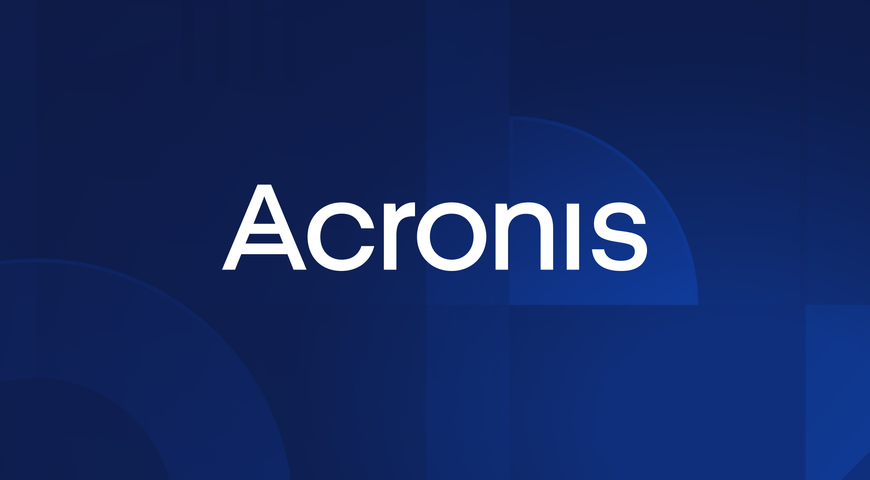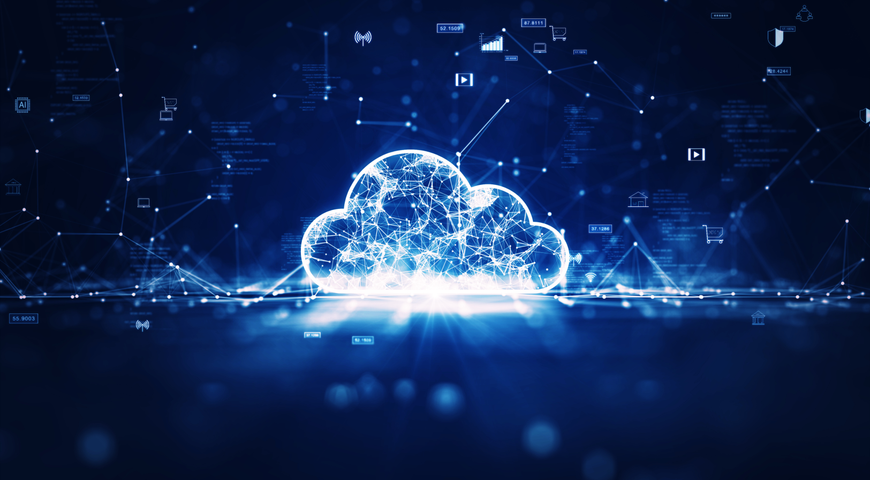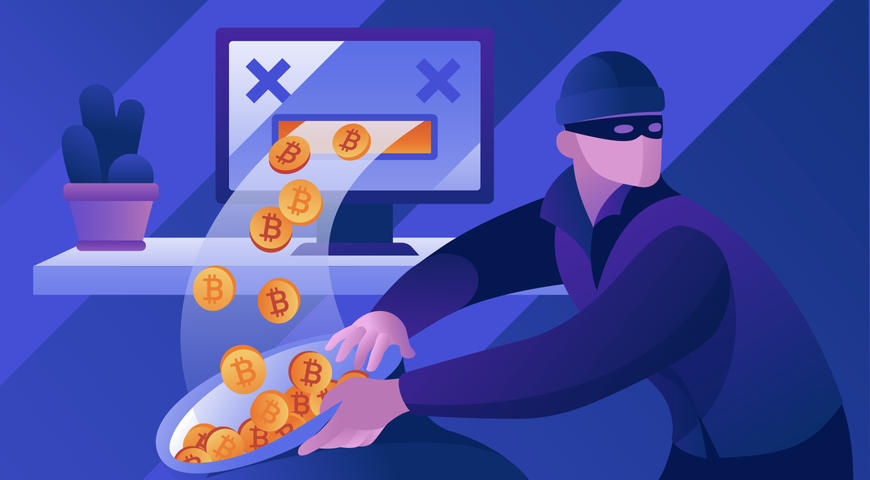Frank Jablonski, Acronis Vice President of Global Product Marketing, talks about blockchain with Alex Tapscott, a co-author of Blockchain Revolution: How the Technology Behind Bitcoin Is Changing Money, Business, and the World.
You were talking earlier about blockchain and its initial use in fintech, what other areas do you see blockchain being used in to verify and validate data?
Blockchain technology started in the world of financial services, and it’s unsurprising, because in many respects, every part of the industry is due for some form of reinvention. Financial services were really just a start. But what I think blockchain’s lasting legacy will be is the impact that it will have on every single company and the nature of the firm in the future. Because what blockchain does in many respects, is reducing the transaction cost and the need for trust in interactions in business between different entities, whether it’s consumers and companies, or companies and companies, or companies and somebody else. And that’s going to mean a big change to a lot of different industries.
Take something like music or art. In many respects, music is a digital asset. But we haven’t been treating it as such — we’ve been treating it as information, that we can copy and spread around the world. And the effect of that, people who create the content, like songwriters, suffer, as the result. Now we can program the content with a logic that ensures that the creators of the content get paid first.
Another good example is the supply chain. It will be possible to know assets’ provenance, where they started, and how they travelled through the complex supply chain. Today we don’t have that. What if you knew the origin of the meat in your burger or a diamond in the ring you get for your fiancé, or the rare earth technology in your iPhone, where those assets originated, and where they went? We would know for sure that we are buying organic meat, we would know for sure that the rare earth in your iPhone wasn’t mined in some unethical way. This would mean big improvements for consumer confidence and big improvements for business as well.
What makes blockchain more secure that other methods of authenticating and securing files and information?
It really drills down to this problem we have today: in order to move, store or manage anything of value, we need to rely on intermediaries, such as banks, governments, corporations, etc. They do a pretty good job, but they also have a few problems: They are centralized, which makes them vulnerable to attacks, and you have to give them your data when you interact with them, which could he problematic.
What blockchain does, it enables trustless transactions between peers. And what makes it more secure is this: If you have to hack blockchain, it wouldn’t be as easy as trumping through the firewall and manipulating some system, you’d actually have to hack the entire network. And you’d have to hack lots of computers. It’s more challenging to attack many computers at once that it is to attack a single computer. Add to that, it’s backed by the highest level of cryptography, and that entire network is fighting against you to prevent you from doing that. It’s a much more stable and secure way to store information.
RELATED: What is Blockchain Technology?
What are the barriers toward general acceptance of blockchain?
There is definitely an education and knowledge gap. And I don’t mean so much in the consumer space, because consumers are all about products. When you develop a product that changes consumer’s life in a positive way, he or she will adopt it! It’s more about educating companies and big institutions on how they can use this technology to disrupt their own industry or enter a new industry.
I think there are also big challenges around how governments are going to respond to this. During the first generation of the internet, governments, regulators took a pretty light touch when it came to creating regulations. I think it’s generally a good strategy, but this time it’s different. We’re not just talking about information, we’re talking about value, money in your bank account, your property, and your assets. It’s stuff that really matters. So regulators will play a bigger role in this. Their decisions on these issues are going to be quite important. At this point of time there are lots of positive signs but the future is far from certain.
Do you see more consumers opt in for products that use blockchain to authenticate data and transactions?
I get this question a lot. People ask, when will it be that people “log on to the blockchain” (like they logged on to the internet)? And I think the answer is, it’s a little more complicated! When the internet came along, personal computer use was in its infant stage, so you had to log on to something. These days, it’s so ubiquitous, so pervasive, that it’s part of our daily life. So, I expect fully that consumers will be profoundly impacted by this technology without really knowing it! Reading an article or downloading a song, they may be interacting with blockchain. Sending money to their family overseas, they may be interacting with blockchain. Backing up their services with Acronis, they will be interacting with blockchain. Every step in almost every application, this technology will play an important role. They just might not be aware that it’s actually happening.
The interview has been edited for clarity purposes. The interview took place on the sidelines of Acronis New Generation Data Protection Day in New York on January 18, 2017.
READ MORE:
- Acronis True Image 2017 New Generation: The first consumer backup software to use Blockchain technology to prove a file is authentic and unchanged since it was backed up
- Alex Tapscott's book: Blockchain Revolution: How the Technology Behind Bitcoin Is Changing Money, Business, and the World
- Acronis Blockchain Technology Initiative
- The Blockchain Hype Is Over — but the Future Looks Bright for Early Adopters
- What Is Blockchain and What Does It Mean for Data Protection?
About Acronis
A Swiss company founded in Singapore in 2003, Acronis has 15 offices worldwide and employees in 50+ countries. Acronis Cyber Protect Cloud is available in 26 languages in 150 countries and is used by over 21,000 service providers to protect over 750,000 businesses.




